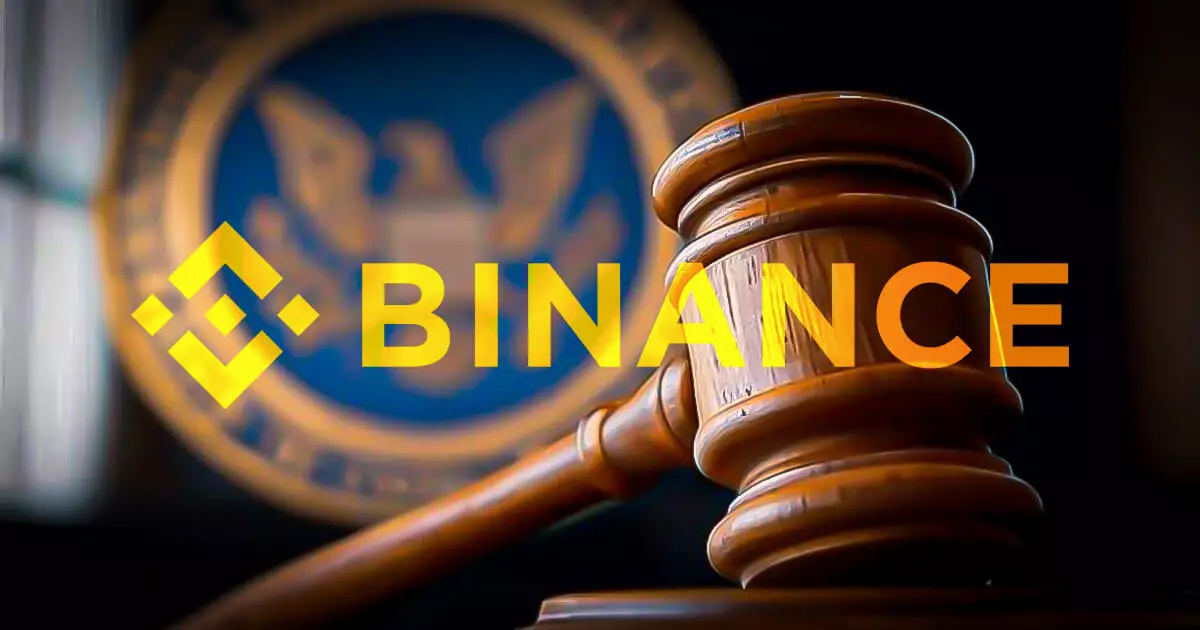In a significant turn of events, the United States Securities and Exchange Commission (SEC) and Binance have filed a joint request to temporarily suspend their ongoing lawsuit for 60 days. This decision, made public in a filing on February 10, indicates a strategic pivot by both parties. Specifically, the SEC has formed a new cryptocurrency task force under Acting Chair Mark Uyeda, intending to address the rapid developments and complexities within the digital asset sector. This task force is expected to play a crucial role in shaping how the case is handled, and both the SEC and Binance have deemed it prudent to halt proceedings to allow for this potential influence to unfold.
The rationale behind the suspension underscores a shared interest in judicial efficiency. Both parties recognized that a temporary pause could conserve resources and pave the way for a resolution that might eliminate the need for extensive merits discovery. This reflects an evolving landscape where regulatory bodies and crypto firms alike are becoming increasingly aware of the importance of adapting to new legal interpretations and frameworks. With the SEC’s recent shifts in strategy and governance concerning cryptocurrency oversight, the outcome of this case could set significant precedents for future regulatory actions.
The lawsuit in question stems from accusations leveled against Binance in 2023, where the SEC claimed that the exchange had breached U.S. securities laws by offering various tokens, including those like Solana and Cardano. The SEC’s argument rests on the criteria outlined by the Howey Test, which determines whether certain assets are classified as securities. As the regulatory landscape continues to evolve, these definitions are becoming increasingly contentious, leading to growing scrutiny from both regulatory bodies and market participants.
Under the new leadership of Acting Chair Mark Uyeda, the SEC is making notable strides towards redefining its approach to cryptocurrency regulation. One of the most significant changes includes the establishment of a dedicated crypto task force aimed at clearer regulatory guidance. Commissioner Hester Peirce, a prominent advocate for transparent rules in the crypto space, leads this task force. Her criticisms of the SEC’s previous enforcement tactics highlight a consensus that the past strategies may have hindered innovation within the cryptocurrency industry.
Moreover, the SEC’s decision to downsize the specialized unit focused on crypto enforcement signals a shift towards a reconsideration of their approach to digital assets. This restructuring introduces questions about the agency’s commitment to regulation versus overreach, sparking debate among industry leaders and regulatory experts.
As the suspension of the SEC versus Binance lawsuit progresses, the broader implications for cryptocurrency regulation are profound. The case may not only clarify the future legal landscape for digital assets but also influence how other regulators and crypto firms navigate this evolving environment. As the SEC’s new strategies unfold, the cryptocurrency community will be watching closely. The outcome of this case could be pivotal in shaping the relationship between cryptocurrency entities and regulatory authorities, potentially fostering an environment that encourages innovation while ensuring compliance with necessary legal frameworks. The next steps taken by both parties will likely resonate throughout the wider financial ecosystem, establishing a more defined path for how cryptocurrencies will be regulated in the years to come.















